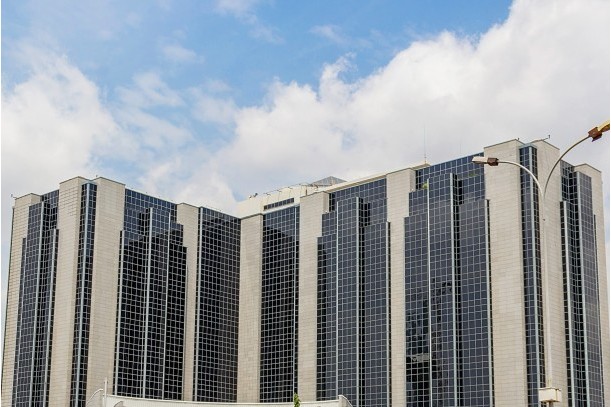Latest News
CBN unveils framework for managing risks in Nigerian payment system

News Highlight
The CBN said the safety and efficiency of payment systems foster the stability and soundness of financial institutions and consequently the financial stability of the country.
The Central Bank of Nigeria (CBN) has released the Nigerian Payments System Risk and Information Security Management Framework designed to mitigate risks associated with payment systems. The apex bank, which unveiled the framework on Monday, said the safety and efficiency of payment systems foster the stability and soundness of financial institutions and consequently the financial stability of the country.
The CBN said it approved the framework to guide the operators and users of payment systems across the country in the management of risks associated with these systems. According to the bank, the imperative for safeguarding the integrity of the systems has called for the need to upgrade risk management procedures by market participants and the relevant authorities, particularly the CBN.
The apex bank said the phased implementation of Nigeria’s Payments System Vision 2020 (PSV 2020), which commenced in 2007, has led to an exponential growth in financial activities both within and across national borders.
“The rapid growth in the volume and value of financial transactions represents an important source of revenue for the providers of payment services particularly banks and other stakeholders," the CBN said. "Other benefits include: fostering safety and efficiency of payment, clearing, settlement, and recording systems, promotion of financial system stability, speed of service and transactions, development of new lifestyle products, financial inclusion, etc."
However, payment and settlement systems are also sources of potential systemic risks, the CBN noted. The bank said a disruption in the systems could spread quickly and widely across markets if the risks are not adequately measured, monitored, and manage.
"The failure of one or more of the participants in a payment system to settle their payments or other financial transactions as expected, in turn, could create credit or liquidity problems for participants and their customers, the system operator, other financial institutions, and the financial markets the payment system serves. Such a failure may ultimately undermine public confidence in the nation’s financial system," the CBN stated in the new framework.
As a settlement institution, the CBN said it plays an important role in the payments system as the primary provider of intraday balances and credit to achieve timely completion of settlement processes. To that extent, the apex banking institution could also face the risk of loss if such intraday credit is not provided.
"It is therefore necessary to effectively manage the risks associated with payments system, as such systems which inherently create interdependencies among financial institutions can create systemic risks," said the CBN.
Objectives of Payments System Risk and Information Security Management Framework include identifying and addressing sources of systemic risks within the Nigerian payments system landscape; establishing sound governance arrangements to oversee the risk management framework by ensuring that risks are identified, monitored and treated; establishing clear and appropriate rules and procedures to carry out the risk-management objectives; employing the resources necessary to achieve the payments system’s risk management objectives; and integrating risk management into the decision making processes of the Scheme Boards and Working Groups under PSV 2020.
Related News
Latest Blogs
- Nigeria’s 2025 economic outlook
- Access Bank as a catalyst for change
- The case for EVs in Nigeria
- A call for non-judicial resolution of erroneous bank transfers
- Despatches from the US on democracy
Most Popular News
- Nigeria nears GDP and inflation rebasing
- Artificial intelligence can help to reduce youth unemployment in Africa – ...
- Services led global trade growth in 2024
- Labour budget sparks interest in wealth transfer out of the UK – survey
- Shifting global trends to deliver 78 million net new jobs by 2030 – WEF
- Crude oil trades below benchmark price for Nigeria’s 2025 budget







